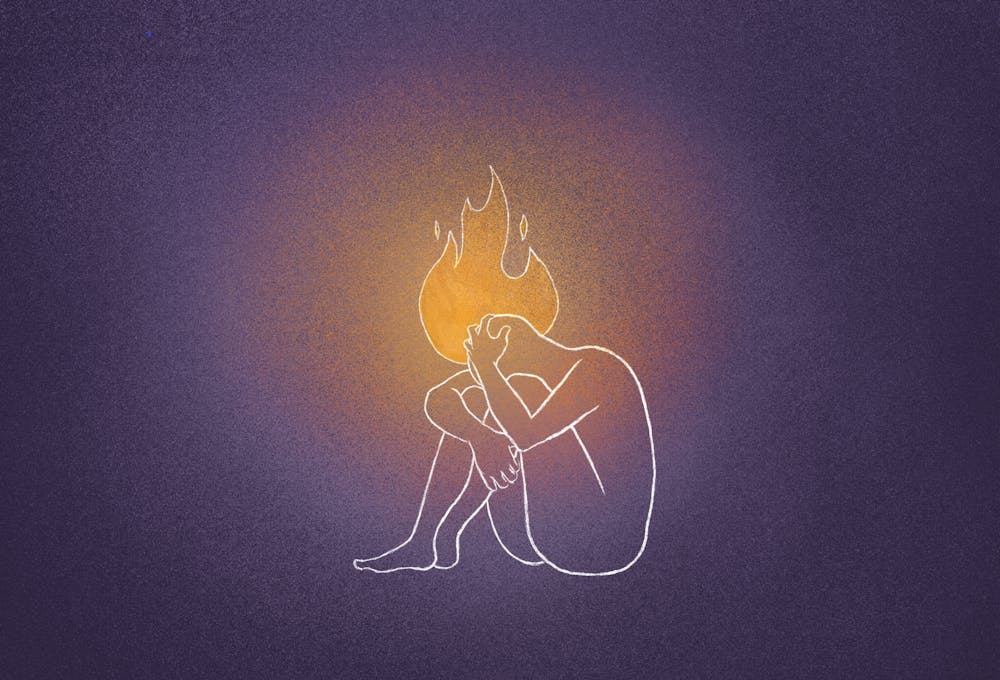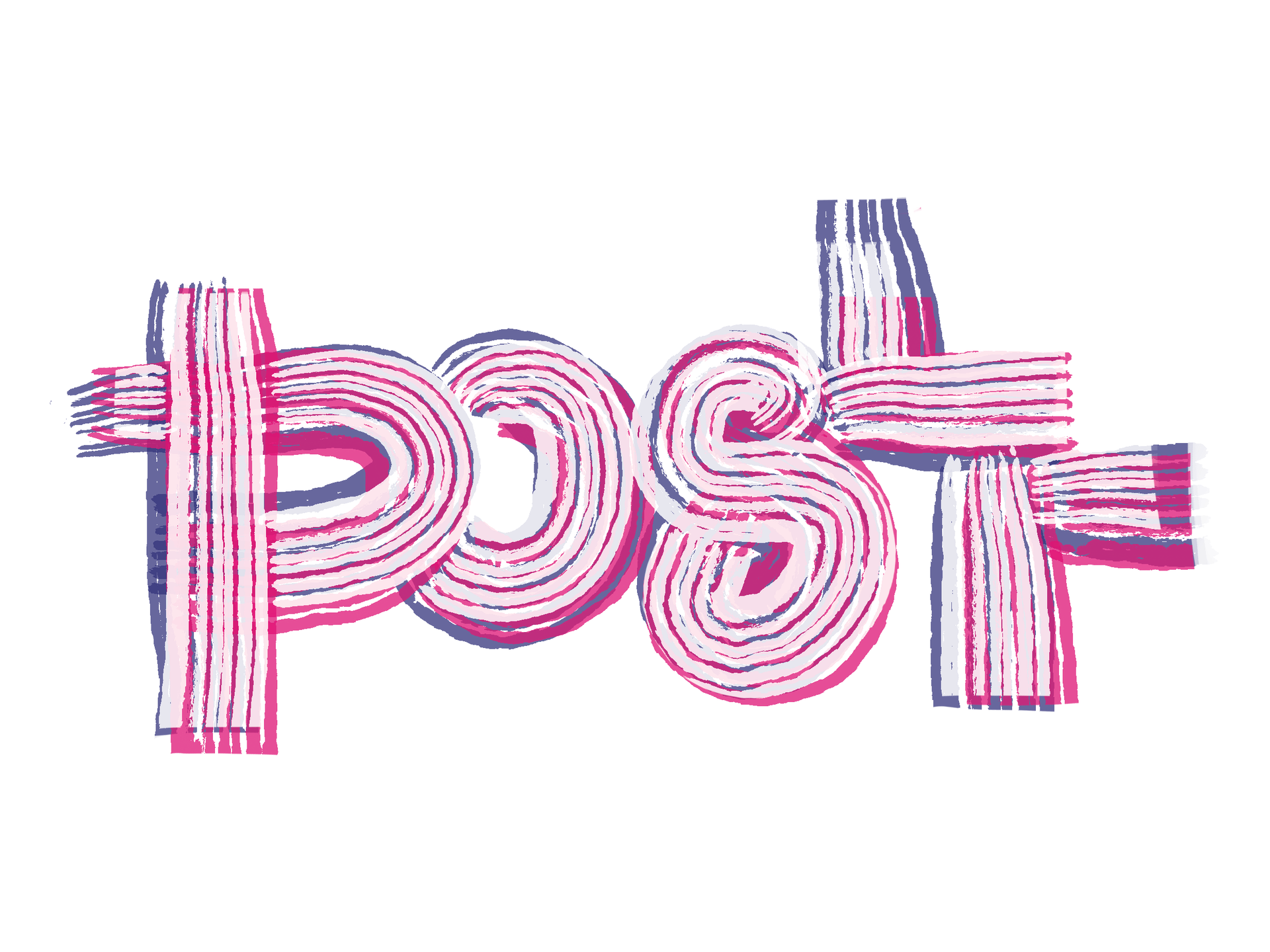Growing up, my father had a common saying. “Work before you play,” he would tell me at every waking moment: when I was caught lounging on the couch watching TV, sitting at the dining table eating a snack, or just doing the normal, trivial activities a pent-up, boisterous kid does. The idea behind this statement was that leisure cannot be enjoyed until work has been addressed, that pleasure is only possible as an auxiliary reward for intense labor and discipline (this very message was taught to him by his own forefathers). Thus, he drew a clear divide between work and leisure; work was boring and monotonous and kept me away from the joy of playing basketball in the driveway or scoring a personal best in Wii Sports bowling.
As time passed, I would come to the realization that my father’s mantra was outdated and crude. Life is not meant to be segmented into binary parts where amusement is mutually exclusive with my work. Maybe it was the guidance counselors telling me to follow my passions, or simply getting fed up with the monotony of work, but regardless I was set on making my work more enjoyable. I had the perfect plan: if I could somehow do all the activities I usually enjoy doing, but pass it off as work, my life would be solved! I utilized my interest in writing and spent many sleepless nights drafting articles for a mental health blog. I drew on my tablet in my spare time and decided to pick up a position as a graphic artist. I even took my practice of meditation and founded a club in my high school to teach lessons about mindfulness. Work was the new play for me, and it felt easy to work because at the end of the day these were my hobbies and interests. Like many students at Brown, I was the epitome of an overachiever, the prime example of what society deems a golden student. And I was having fun while doing it, without the slightest hint of fatigue or burnout! I felt on top of the world.
I’m here to tell you there’s another side to this coin.
I didn’t notice any of the red flags until I reached Brown. Maybe it was pandemic fatigue, the return from over a year off, or potentially the expanded horizons of freedom. But just as easily as work felt like play, play started to feel like work. Every minute that I wasn’t progressing in my career or school began to feel like a waste of time. I felt like I was never off the clock, unable to enjoy my time when I wasn’t being productive. Even when I did have “free time” for my hobbies, I was usually burdened by the existential dread of satisfying standards and quotas set around them. The poetry I wanted to read? Now consumed on a strict calendar as a literary magazine editor. The website I wanted to code? It had to be polished and presentable on my resume. Everything felt like work, and there was no escape.
The slightest things would throw me off—when I saw someone enjoying anything remotely productive, a growing sense of envy and fear pulsated within me. I had taken all the fun activities I used to enjoy and corrupted them into quantifiable products. At a certain point, I began wondering more and more, “What am I doing this for?” I saw life as nothing but endless work; I could no longer comprehend why I subjected myself to a life of constant stress and anxiety over arbitrary numbers and letters. Where was the joy and motivation? I had ceased to see any light at the end of the tunnel or feel any sense of self-satisfaction.
Maybe the cruelest part of being anxious is that it itself isn’t productive, either—it is both the fire that consumes you and the fuel it burns on. I want to solve my anxiety by solving my external problems before internally digesting them, yet my anxiety inhibits that ability in the first place. It only builds and builds in an infinite paradox until the final tipping point, where I stomp it all out and am left in ashes.
I don’t think I’m some odd case in a world of perfect productivity; in fact, I'm less of an exception and closer to the rule. The mantra “do what you love” is regularly mistranslated into “take what you love and treat it as work.” Highly successful entrepreneurs like Steve Jobs have preached how their love for work enabled their greatest achievements. And their claims aren’t necessarily wrong; if anything, they’re actually supported by the scientific community. Oft-studied psychological concepts like Maslow's hierarchy of needs or the hedonic treadmill emphasize that money, power, and fame aren’t the keys to happiness. As a result, the modernized vision of success for many of us isn’t some outdated money-grabbing tycoon or monopoly man, but someone who loves every second of their job and can’t believe they are being paid to do something they find overwhelmingly joyful. In this framework, success just happens to be a byproduct; by prioritizing work full of wonder, our lives will naturally and necessarily be positive and meaningful.
Yet it’s this very train of thought that led me down the rabbit hole of dissatisfaction. I’ve begun to wonder how this mindset could be counterproductive and make me feel dejected rather than rejuvenated. Was there merit to my father’s saying? Is the split between work and play meant to be rigid? For example, the whole concept of “work from home” and “flexibility” is lauded as one of the shining bright spots the pandemic has afforded us. The dreamy image of showing up to a Zoom call in your pajama bottoms and working your own hours is implanted in many people’s brains as the epitome of convenience. Conversely, the unintended consequence of this is that the home is now the workspace. There is no divide between labor and leisure: your computer is plopped down in the same place where you relax, a constant reminder of emails and notifications of responsibility. The mere thought of work pollutes our minds to make it seem like we’re never finished, leaving us with little sense of accomplishment. The illusion of flexibility is one of our generation’s biggest myths.
To clarify, work can still be beautiful and fulfilling, ultimately making the world a better place while leaving your imprint on the world. Yet I think people put too much pressure on their work to give them a purpose, to be the defining aspect of their existence. Even now, with every word I write in this article I want it to make someone feel something, to drastically alter and configure their worldview and make a difference in their lives. But that puts too much pressure on work. We praise the workaholic who is pulling all-nighters while juggling a million extracurriculars on the side, yet sometimes fail to recognize the overlooked minority of people taking time to employ steady mental health habits. Our lives are measured, extrapolated, and quantified by standards we can’t even fathom. In the hustle culture that has overwhelmed our society, pastimes are now an oxymoron: why would we want to pass time when our time could be valued, forged, and spent on something productive?
But leisure doesn’t have to come at the expense of success. As hard as it may be to stop myself from drafting one last email before bed, it's actually been a relief to understand that I’m statistically fighting an uphill battle and not alleviating my workload. Study after study reveals that an ample amount of leisure is the recipe for peak efficiency. The reading for that class you enjoy or browsing your LinkedIn home page doesn’t count as leisure. Leisure is the disregard of responsibility and the acceptance of present enjoyment, the time we can take to cherish the reasons we work so hard in the first place. While there is no complete escape from the constant onslaught of work, that doesn’t mean we have to neglect the important parts of life like family, friends, and the hobbies that define our character. It’s that last part I have now fully come to understand. Just because you like art doesn’t mean you have to turn it into a business; being good at cooking isn’t necessarily a call to be a Michelin star chef. It’s enough to enjoy an activity and leave it at that. The word “hobby” originates back to 1830s England, with the word “hobbyist” defined as “one devoted to some pursuit for the delight of it.” That’s what I’m embracing now; I’ve chosen to do things for the sake of doing them and take back control of my hobbies for the sake of myself.
All these years later, I am willing to admit that my father was right, that what I thought was a conservative and outdated saying was actually spoken out of experience. Almost cyclically, I see now that it was much less a reprimand but a mantra of the peace he has cultivated for himself. It was his expression of love, a way of passing down to his eldest son the wisdom that has brought him fulfillment and kept his family and all the other important parts of his life sacred. “Work before you play” isn’t crude or boorish, but a lesson that I have learned the hard way. Preserving what I love, shielding it from the harsh reality of the world’s cult of productivity, and keeping my hobbies to myself—all of these unspoken lessons were taught to me in that four-word phrase. Though it took me some time to realize it, I am forever grateful and hope to continue to pass it along.





